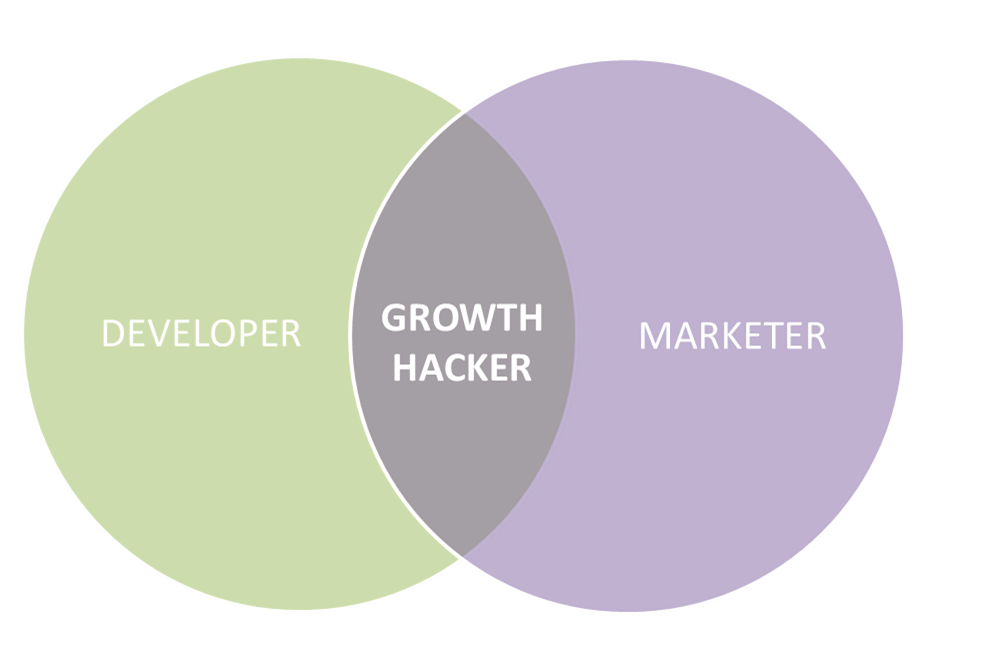
Our digital world is becoming more and more intertwined with our natural world. We transact with digital currency. We buy goods sight unseen through digital storefronts. Our world view is formed by digital news outlets and social interactions from around the globe. Our comfort, health, and safety are increasingly dependent on connected devices. It’s becoming difficult to live “off the grid”, and soon it may be impossible. Yet, in some ways, our digital world behaves very differently than our natural world.
The Social Contract
For instance, no matter where we are in the natural world, we behave per a locally defined and accepted social contract. That social contract guides our words and deeds and sets our expectations as to how those with which we interact will behave. People and organizations do break the social contract; and when they do, there are real consequences. This understanding is the underpinning of personal liberty, civil society, and a nation’s rule of law.
I highlight the fact that in the natural world the social contract is local; it’s determined by where you are. Each locality may have differing social norms and sets of laws. Behavior that is acceptable in one part of the world is prohibited in others. In the natural world, you are held to the local standard, with certain forgiveness or tolerance for minor transgressions if you are not seen as part of that local society.
But, the digital world doesn’t have the equivalent of a local social contract. You can observe the host of unsavory behaviors exhibited (hacking, trolling, fake news, fraud, identity theft, cyberattacks, illegal trade, etc.) and know this is the case.
Unlike the natural world, the digital world is borderless. Connections to other people, organizations, and things are not constrained by time and distance. Even if local digital social contracts existed, social contracts defined in one location cannot be enforced in another without some form of reciprocal agreement.
So, without the equivalent of natural social contract; the Internet has responded with social contracts defined at the application level. Application owners define a social contract in their privacy policies and terms of service. Those policies and terms of service govern behavior within the application.
Next post on the dependency of the social contract on identity.

Recent Comments